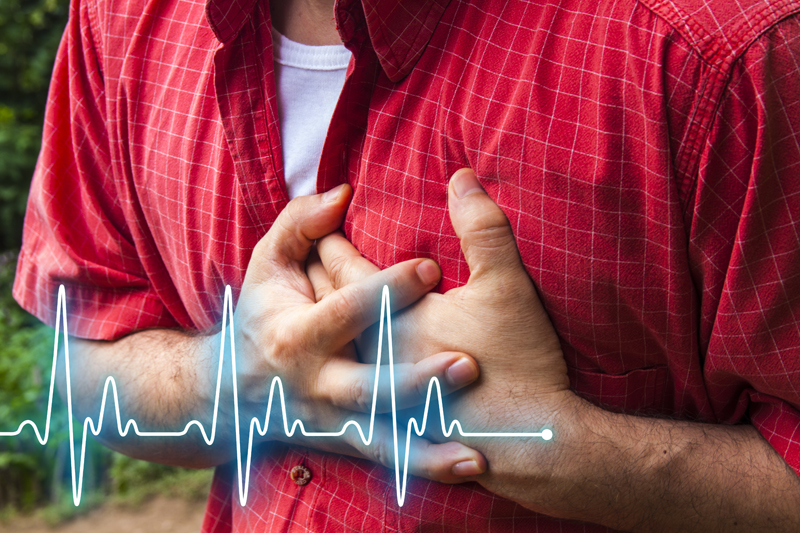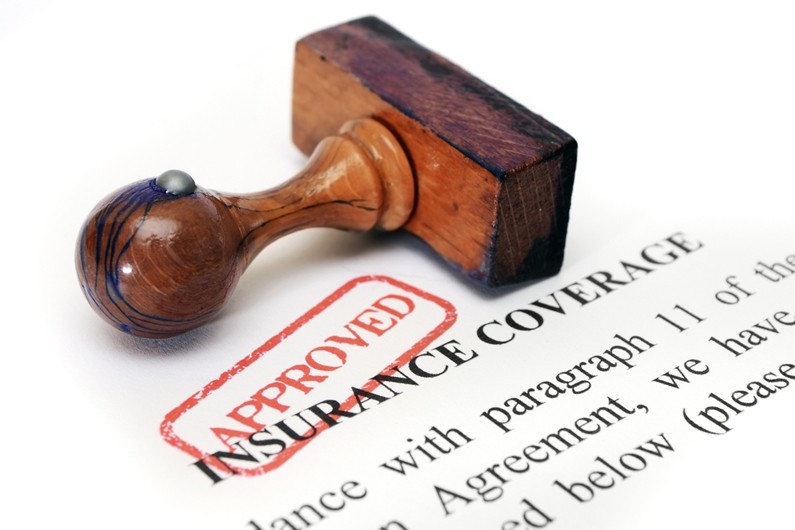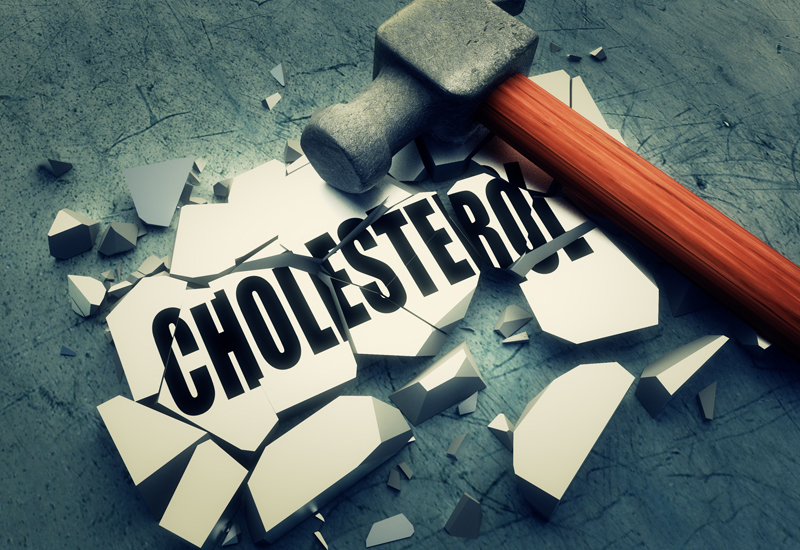A heart attack is a life-threatening medical condition which warrants immediate medical care and attention. Those who have suffered a heart attack before, even the thought of another one can be frightening. There’s no doubt that this is a daunting prospect for us all, survivors and caregivers alike.
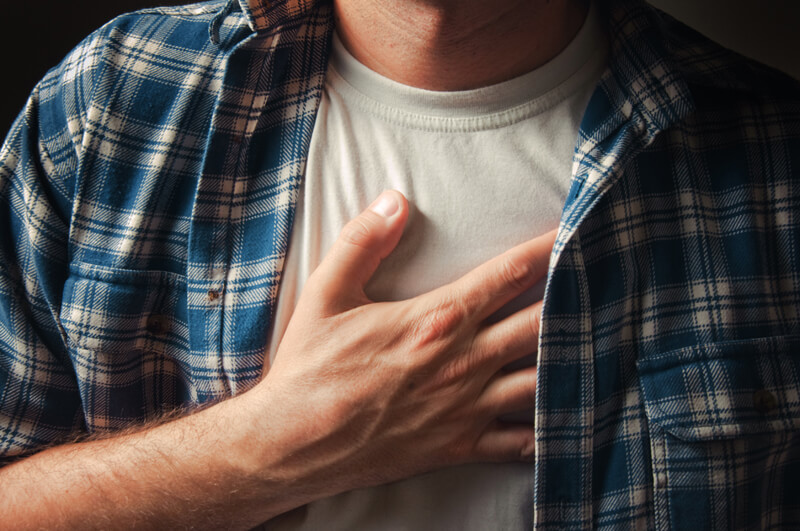
If you’ve survived a heart attack, it’s crucial that you come to terms with it and change your lifestyle to reduce the chances of another. Care and caution should be your mantra. Follow your doctor’s advice and lead a healthy lifestyle to keep the possibility of another attack at bay.
Here are a few things you can do:
Regular Exercise
Exercise under the care of a certified trainer is very necessary. Any form of exercise that gets the blood pumping is good for a cardiac patient. However, it should always be post-recovery and in consultation with the doctor. Some activities you could consider are:
- Swimming
- Running or jogging
- Bicycling
- Walking at a moderate-to-brisk pace
- Aerobics
These exercises increase the oxygen level in your body and also help keep hypertension, stress, and cholesterol levels in check. However, during any of these exercises, if you notice any unusual symptoms such as prolonged shortness of breath, weakening of the limbs, or chest pain, stop right away and call for help immediately.
Cardiac Rehab
Cardiac Rehabilitation programs are run by doctors and other medical professionals and are designed to monitor your condition and gauge the recovery process after a heart attack. By joining these rehabilitation centres you can engage in various activities that will help improve your heart function. It will also lower your chances of having other heart complications. The staff at rehabilitation centers can guide you toward making the best possible changes to your regular activities to help strengthen and protect your heart.
AHA (American Heart Association) Recommendations
The AHA recommends that you self-monitor certain cardiac risk factors after a heart attack:
- If your blood pressure is lower than 140/90 mmHg
- If the circumference of your waistline is lower than 35 inches in women and 40 inches in men
- If your BMI is between 18.5 and 24.9
- If your cholesterol is under 180 mg/dL
- If the fasting blood sugar is under 100 mg/dL
- Read these metrics regularly to avoid the risk of another attack.
Change of Lifestyle
Consider your current lifestyle habits and try to improve them. Quitting smoking and drinking alcohol can be quite beneficial. A balanced lifestyle can significantly improve your overall health and also reduce the occurrence of future heart attacks.
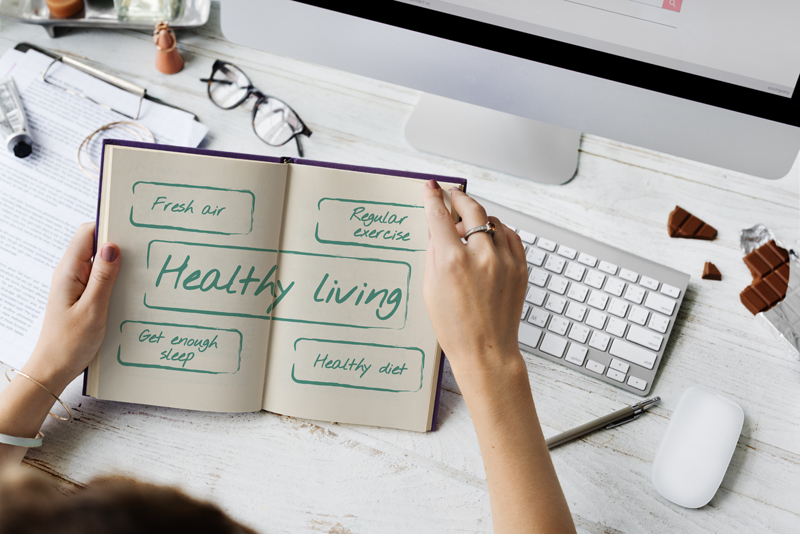
Stay Active
A heart attack is a sign that you need to make your physical and mental health a priority. It is not a sign to back away from life and things that you like to do. But, the real goal is to become more active in everyday life. Keep yourself engaged in outdoor activities with your family; go out for a bike ride, brisk walks, etc. These activities will help strengthen your heart.
Healthy Diet
A healthy diet is important for a healthy body and a healthy heart. Try to consume 4-5 servings of fruits every day. Eat 100 gms of fish 2-3 times a week. Take 1 ounce of fiber-rich whole grains daily in your diet. Keep the salt in check and at the same time, don’t take more than 36 oz of sugar per week. Processed meats should be avoided. Ask your doctor all about your diet as a precaution to prevent another attack.
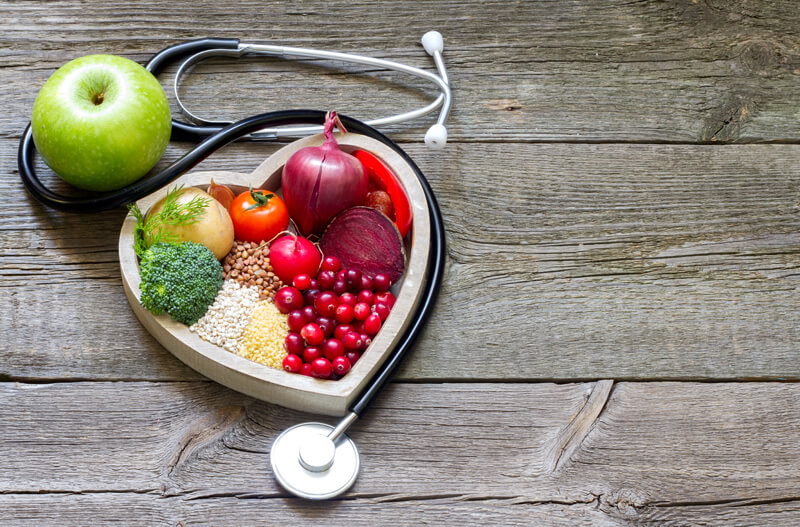
Obesity and Diabetes
Obesity and Diabetes are two major risk factors for heart diseases and thus, heart attacks. If you are a diabetic, check your blood sugar regularly and take prescribed medicines by your doctor regularly. Make a plan with your doctor for activities, exercise, diet and meds.
Obesity leads to diabetes which makes you more prone to heart disease. To deal with obesity you have to exercise regularly and restrict your food intake to healthier foods. Try to burn those extra calories and if needed, consult a dietician.
Fluctuation of Emotions
Don’t ignore your emotions and don’t hide them from your near and dear ones. After a heart attack, it is very normal to be depressed, get angry at the drop of a hat, and feel unnerved or frightened. Don’t worry; getting help from family to cope with these emotional situations is nothing to be ashamed of. These conditions may last for 2-6 months after a heart attack. Sometimes they may affect your family life, work, and overall recovery. Seek the help of your doctor or a counselor in extreme conditions if you are unable to handle it yourself. In this case, recovery is much faster with a trusted support team of healthcare professionals, family, and friends.

The symptoms of a second heart attack may not be the same. Unfortunately, most heart attack victims wait for 2 hours or more after the symptoms before they seek medical help. The delay can be fatal. Once you’ve had a heart attack, you’re at a higher risk for another one. Therefore, treatment for coronary heart disease will help you to prevent another attack. Your doctor may also run some diagnostic tests to determine the damage caused to your heart and the future course of action.
Get Proper Rest
It’s essential for you to get plenty of rest and relaxation after a heart attack. It doesn’t mean that you ban yourself from all social or physical activities. It means that you have to maintain your lifestyle as per your doctor’s recommendations. A good night’s sleep is very important. Take a nap or a short rest if you feel tired during the day. You also can go back to your work within 2-3 months depending on your condition.
Check Blood Pressure and Cholesterol Levels
It is important to take medicines to control your blood pressure. You can control it by exercising, maintaining a diet that is low in salt, and watching your weight.
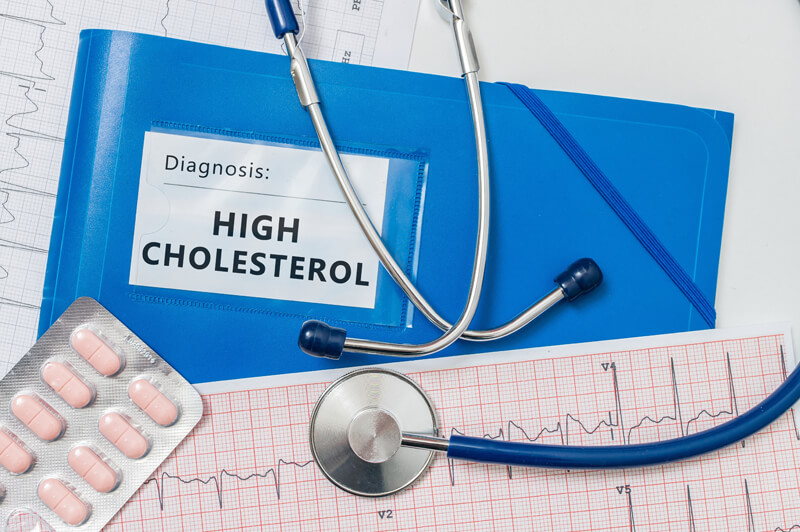
It is also important to control your cholesterol levels. Too much cholesterol in your blood can put you at risk. You must eat a heart-healthy diet to keep your bad cholesterol low and good cholesterol high.
Stay Alert
You’re going to be at risk of future attacks if you’ve already had one. So it pays to stay alert for the following symptoms in the worst-case scenario and the onset of an attack:
- Shortness of breath
- Chest pain/tightness
- Pressure or pain in your arms, jaw, or stomach
- Nausea and vomiting
- Swelling or pain in your legs
- Dizziness
- Very fast or irregular heartbeat
- Sudden, overwhelming fatigue
Seek the help of the doctor if any of the above symptoms occur.
You can keep yourself safe from another heart attack by following all the above suggestions and by visiting your doctor regularly. Eat healthily and live a healthy lifestyle to get a healthy heart. If you’ve not got any health insurance yet, it is advisable to get coverage as soon as possible. There are so many insurance companies that cover 90% of medical expenses so do your research and get the best one you can afford to.
If you have a smartphone, download some apps, which provide day-to-day medical developments on certain life-threatening diseases. These apps also provide doctors with online assistance for instant help.
Follow these golden rules of life and you could just save your life.





 1800-270-7000
1800-270-7000

